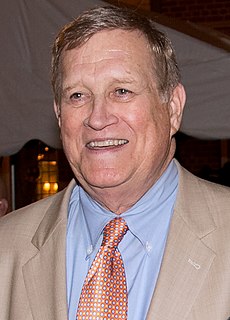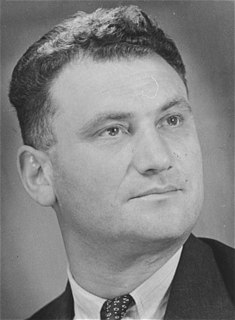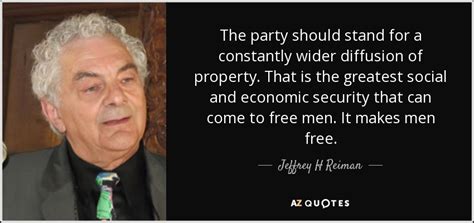A Quote by Mohsin Hamid
It is remarkable indeed how we human beings are capable of delighting in the mating call of a flower while we are surrounded by the charred carcasses of our fellow animals.
Quote Topics
Related Quotes
It has been well said that the food one consumes determines one's thoughts. By eating the flesh of various animals, the qualities of these animals are imbibed. How sinful is it to feed on animals, which are sustained by the same five elements as human beings! This leads to demonic tendencies, besides committing the sin of inflicting cruelty on animals.
I went to a heavy metal concert. The singer yelled out, "How many of you people feel like human beings tonight?" And then he said, "How many of you feel like animals?" The thing is, everyone cheered after the animals part, but I cheered after the human beings part because I did not know there was a second part to the question.
I think that every educator, indeed every human being, is concerned with what is true and what is not; what experiences to cherish and which ones to avoid; and how best to relate to other human beings. We differ in how conscious we are of these questions; how reflective we are about our own stances; whether we are aware of how these human virtues are threatened by critiques (philosophical, cultural) and by technologies (chiefly the digital media). A good educator should help us all to navigate our way in this tangled web of virtues.
Overall, my books represent a kind of shared communion and meditation with my fellow human beings... The books are also a part of what I call the great continuum of spiritual literary dialogue that I feel has been in progress since human beings first gave in to the urge to pray to their sense of something greater than themselves and interpreted certain signs or events or silences as responses to those prayers.
Without even knowing why, we believe that to learn how to be human - which we have many years to do, for human beings have longer childhoods than any other species, a feature that to biologists and philosophers alike is one of our race's distinguishing characteristics - children must be surrounded by animal imagery.







































